Being wrongfully accused of something is infuriating, but when you’re also arrested for it, the system might completely consume your life.
Reddit user AnonymousMeese claims they have experienced a nightmare of bureaucratic injustice reminiscent of Franz Kafka’s The Trial.
Supposedly, they had to spend almost two months in jail before finally being acquitted, but the fallout continued—financial strain and damaged personal relationships were tearing them apart.
Ultimately, the detective in charge of their case showed up at their door, but as it turned out, only to protect his own reputation.
This person says they were locked up for a crime they didn’t commit

Image credits: Drazen Zigic (not the actual image)
And it pretty much destroyed their life

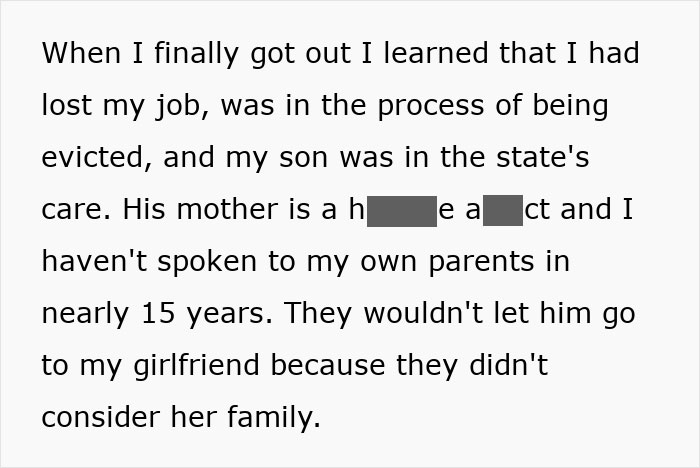
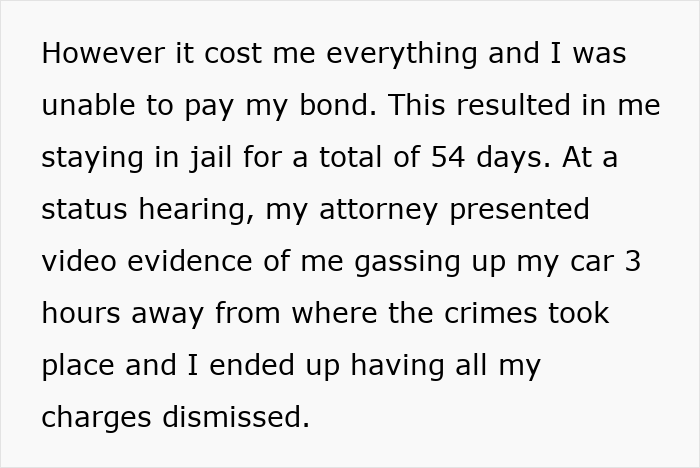
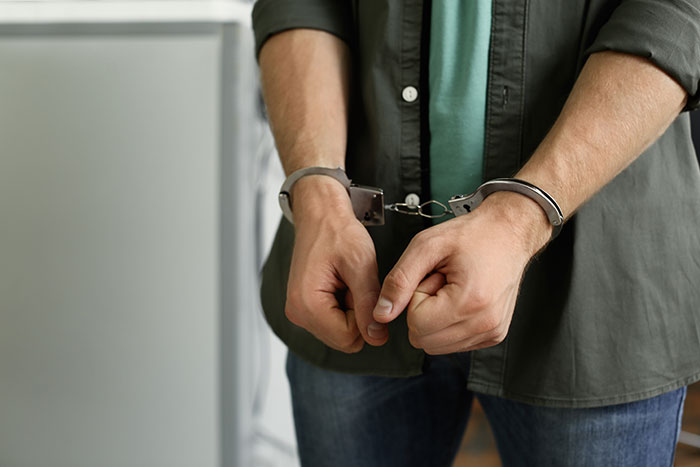
Image credits: New Africa (not the actual image)
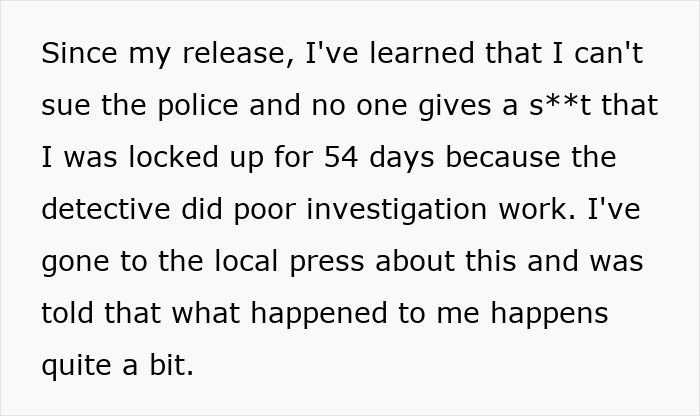
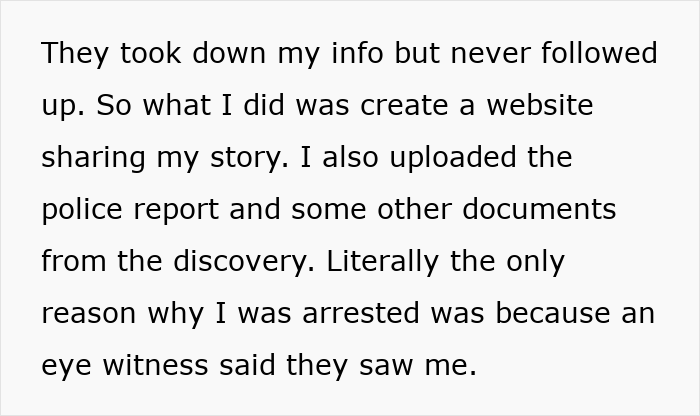
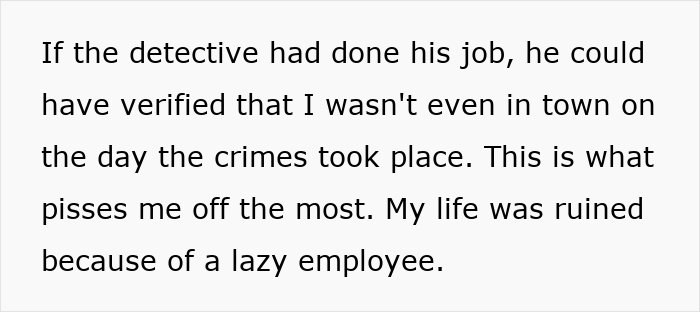
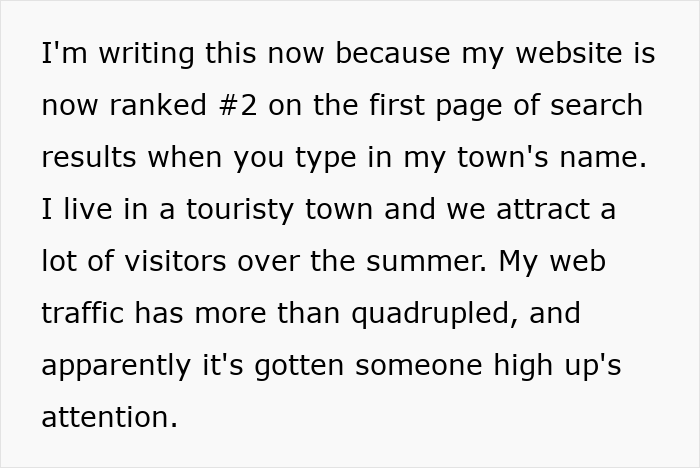
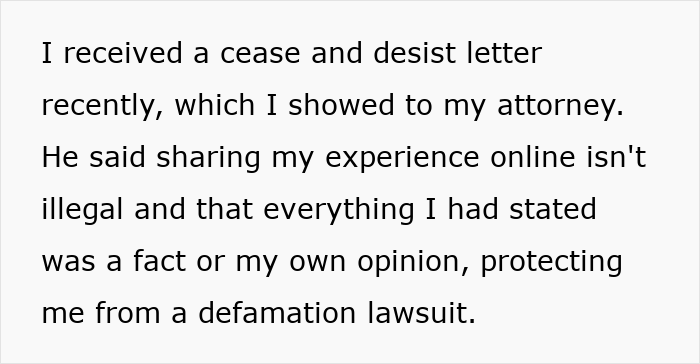
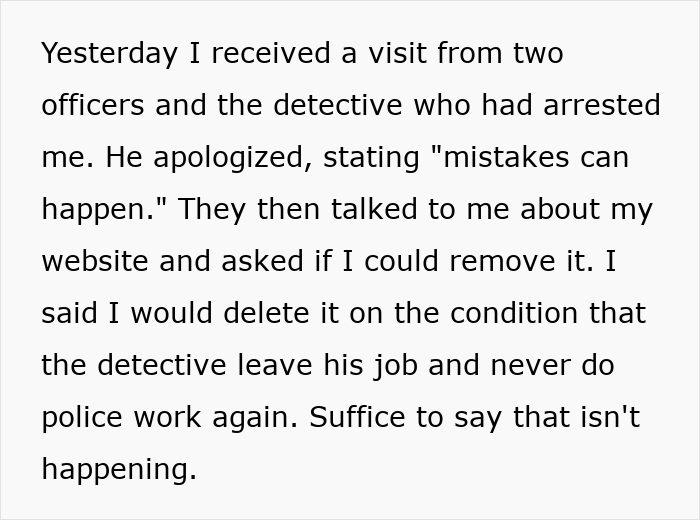

Image credits: freepik (not the actual image)
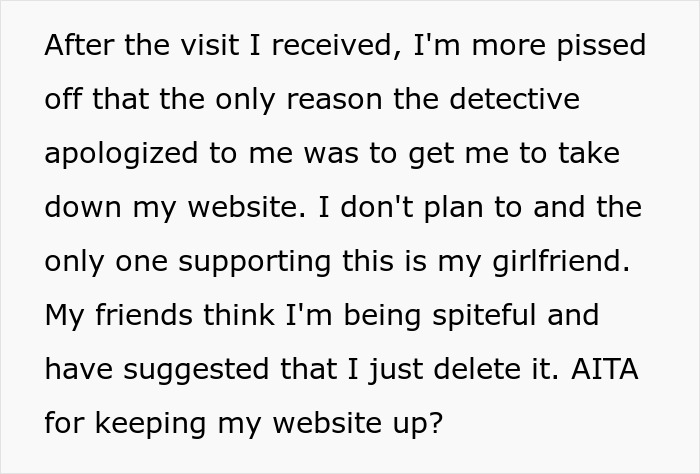
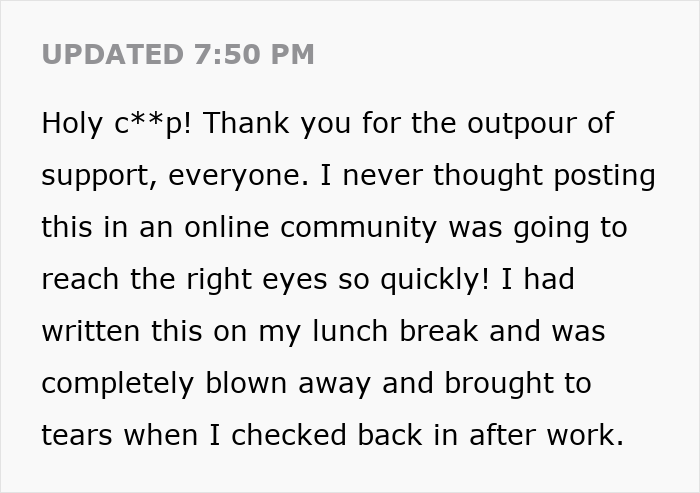
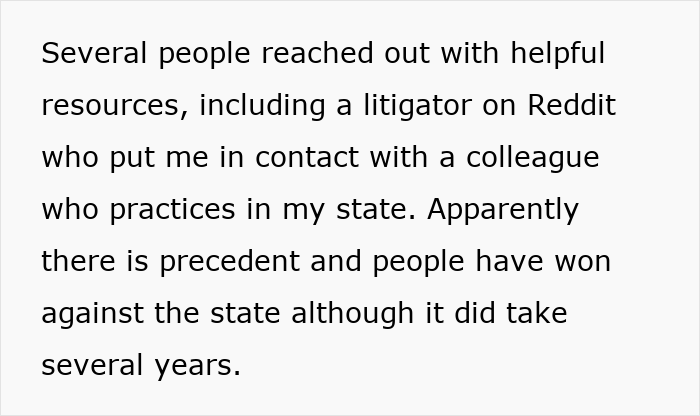
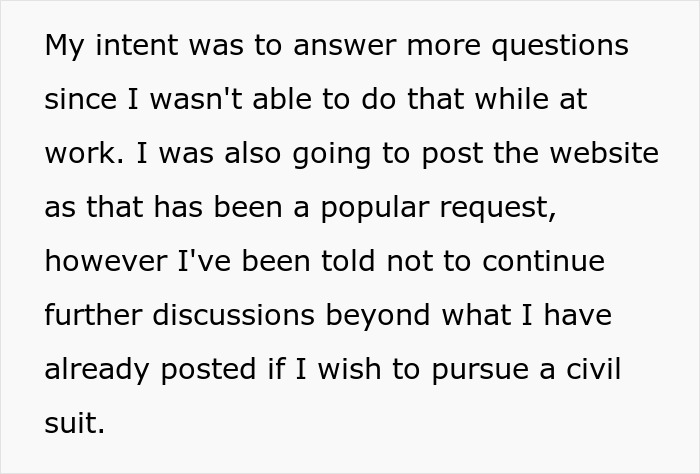
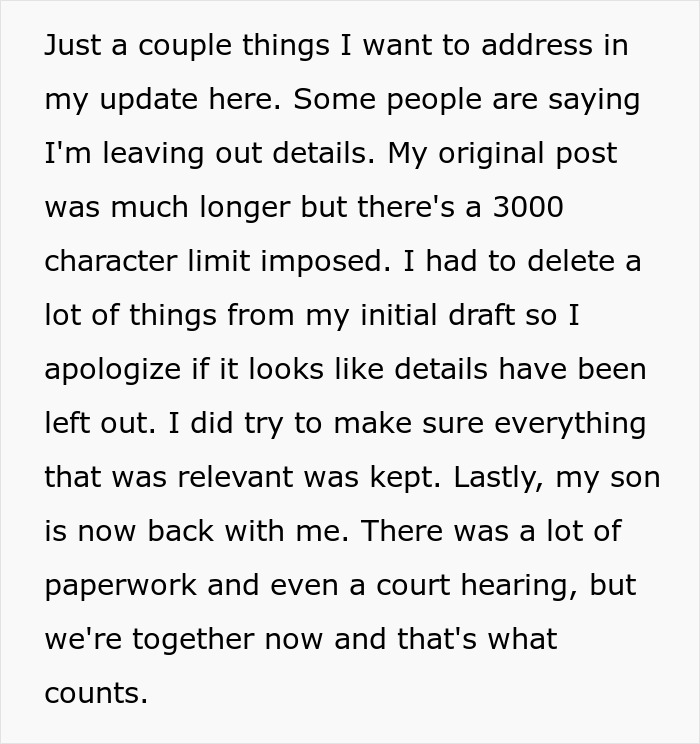
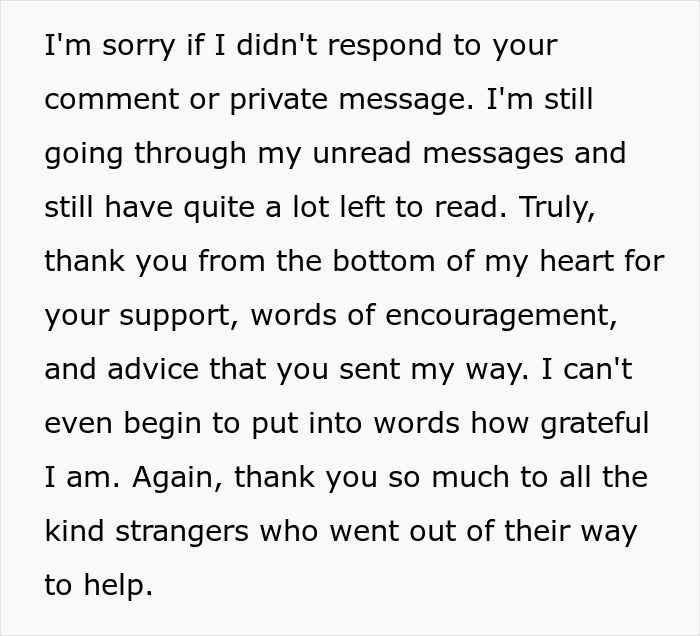
Image credits: AnonymousMeese
Being wrongfully arrested isn’t just about spending a month or two in another bed
Such mistakes can happen for a variety of reasons, and their prevalence might differ from place to place, but a study conducted by the U.S. Department of Justice in 2017 analyzed 714 felony convictions from the 1970s and 1980s across 56 Virginia circuit courts and estimated that 11.6% of these convictions were wrongful, based on forensic, case-processing, and disposition data.
Some of the factors leading to wrongful convictions include mistaken eyewitness identifications, inadequate legal representation, and errors in forensic evidence handling.
In 2020, researchers Samantha K. Brooks and Neil Greenberg conducted a systematic literature review to examine the psychological and psychosocial impacts of being wrongfully accused of criminal offenses. They analyzed 20 relevant studies and revealed eight primary themes of consequences:
- Loss of identity (people may see you as a criminal even after you’re cleared);
- Stigma (being judged, shunned, or mistrusted by society, friends, or coworkers);
- Psychological and physical health issues (anxiety, depression, PTSD, sleep problems, chronic stress);
- Relationships with others (social isolation, strained or broken friendships, family conflict);
- Attitudes towards the justice system (loss of trust in law enforcement or courts, feeling small and powerless);
- Impact on finances and employment (job loss, difficulty finding work, financial insecurity);
- Traumatic experiences in custody (psychological trauma from jail, harassment, or poor treatment while detained);
- Adjustment difficulties post-accusation (trouble reintegrating, coping with ongoing fear, or dealing with public perception).
It’s a bit weird that the Redditor didn’t share the website in question, since the whole point of it was to tell the broader public about what happened to them, but if we were to assume that they’re being truthful, it’s likely that they’re still working through the aftermath and may need more time and support to fully put the experience behind them.
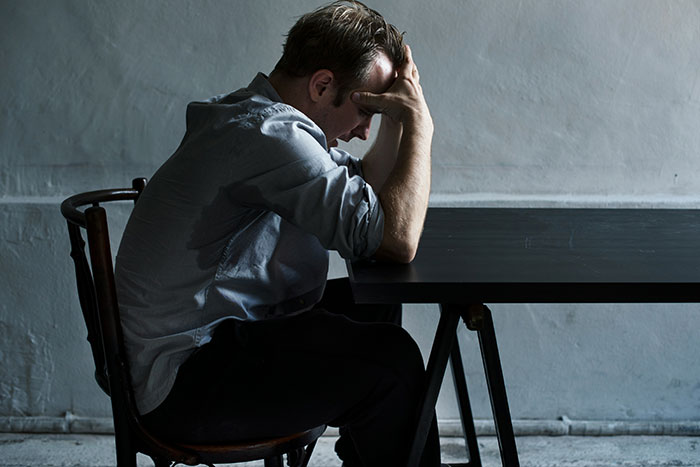
Image credits: Curated Lifestyle (not the actual image)
People who read the story think its author needs to stand their ground
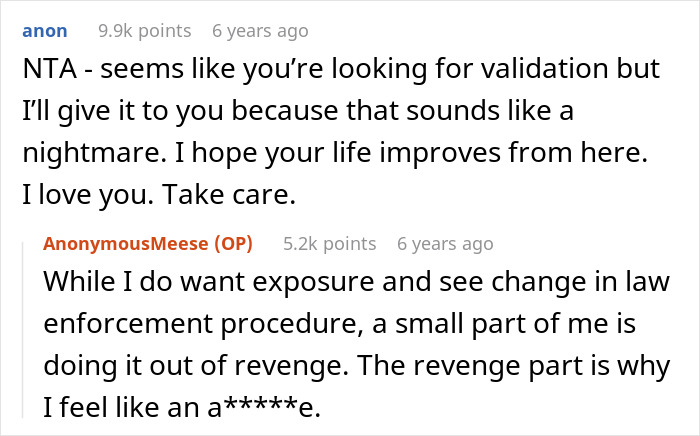
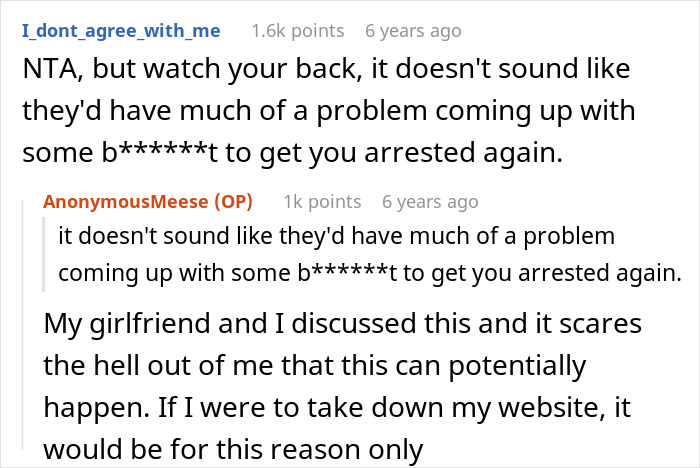
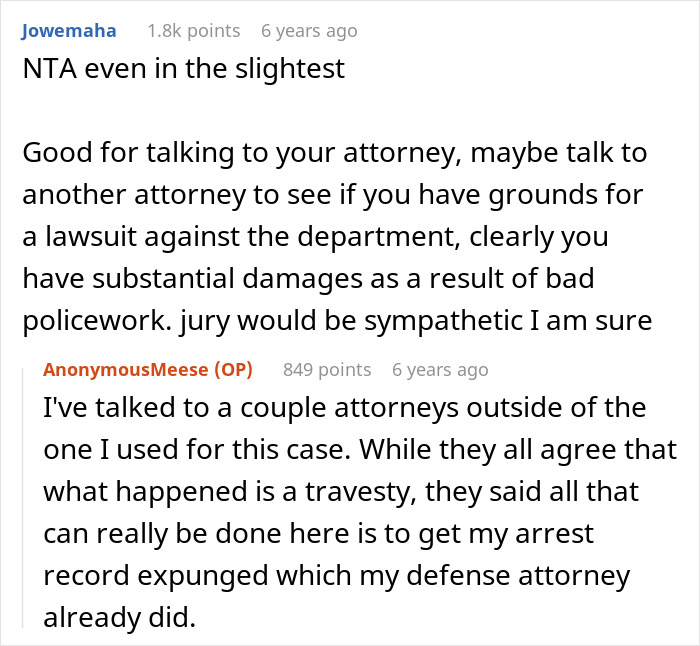
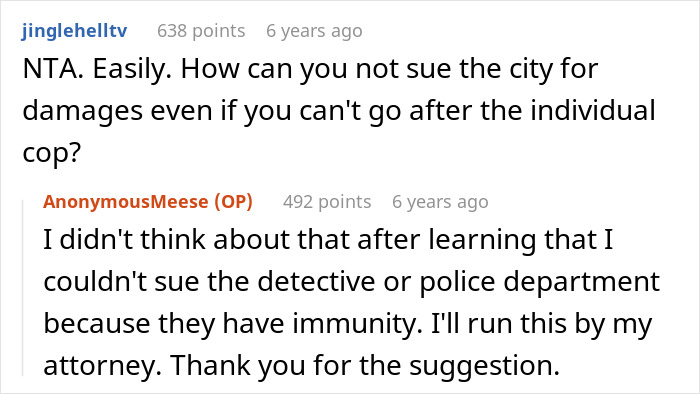
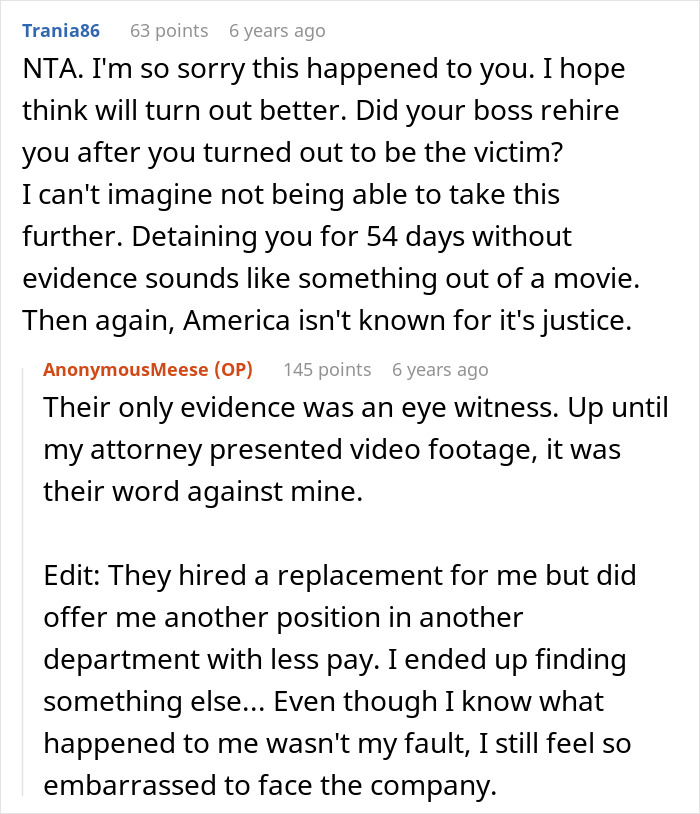

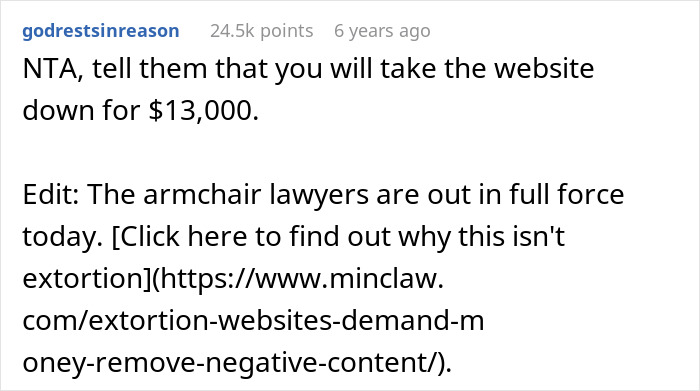

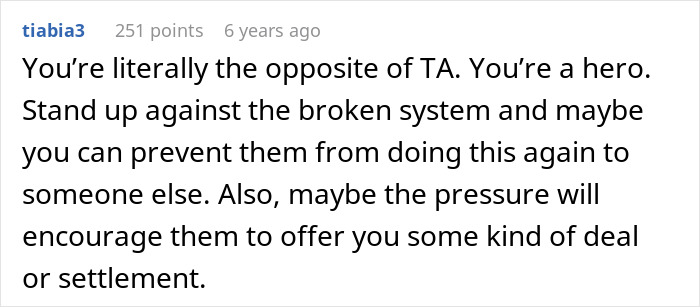
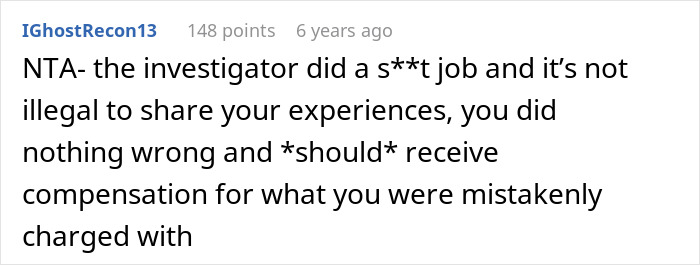


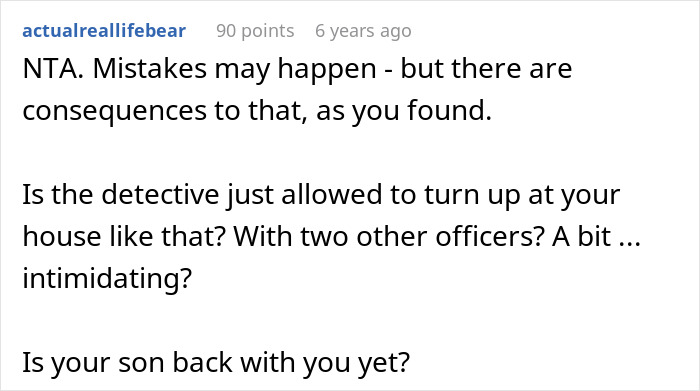
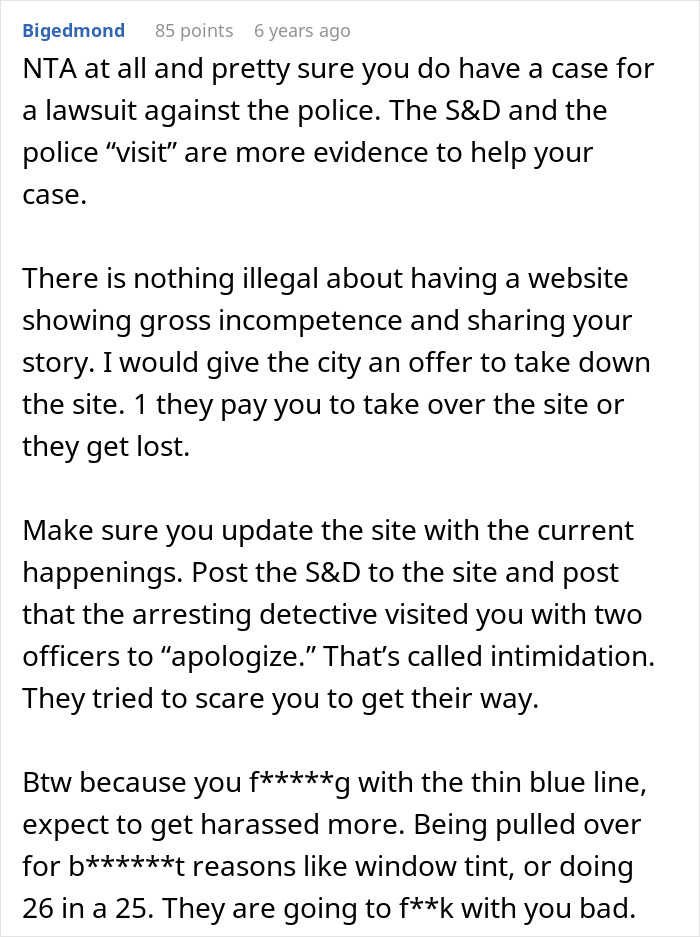

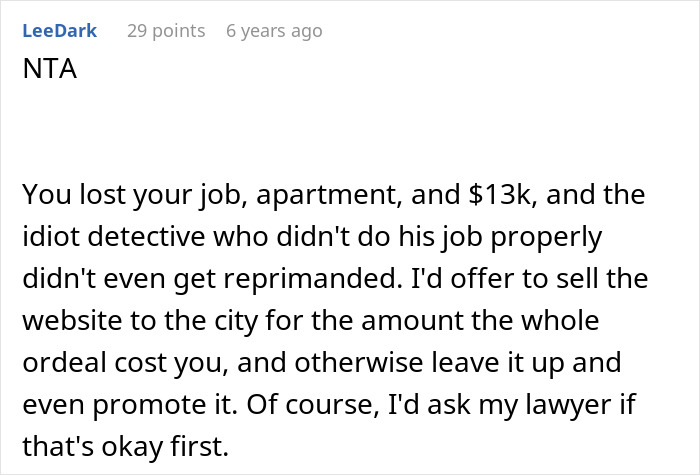

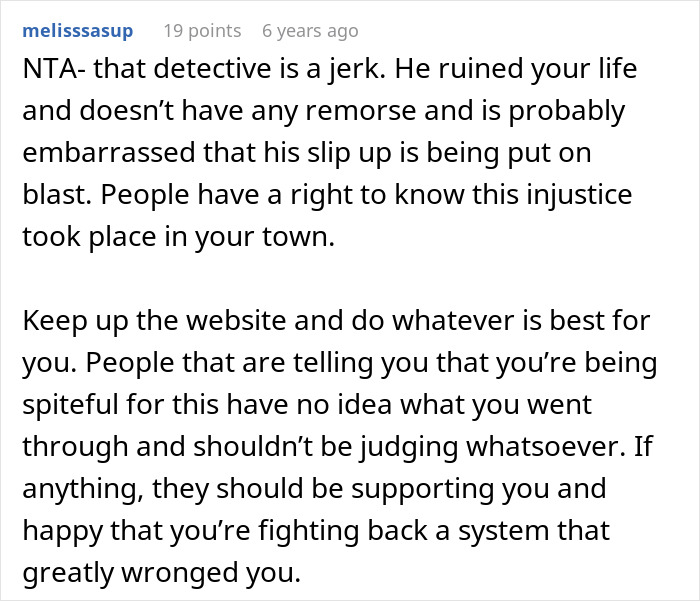

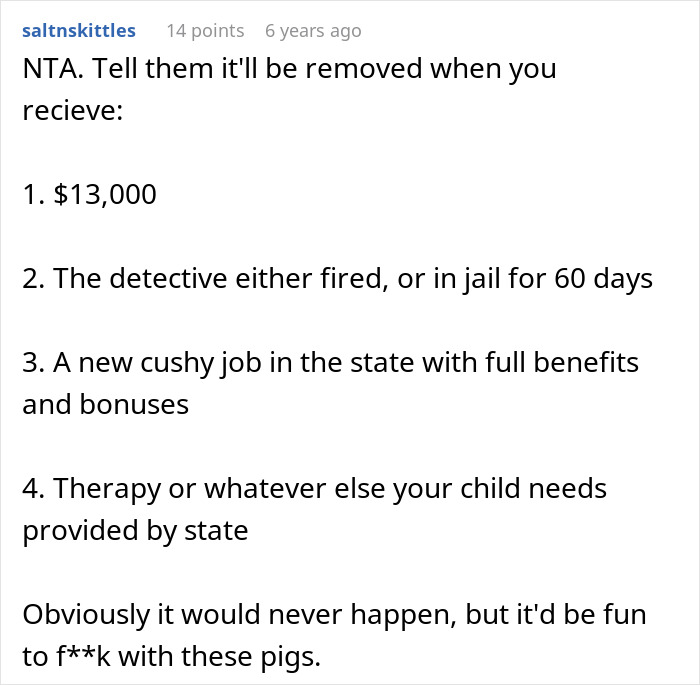
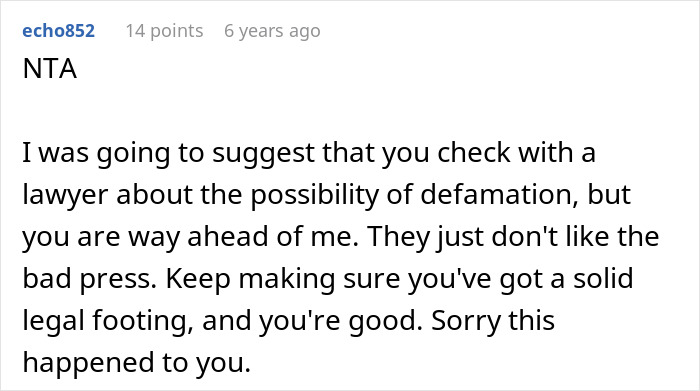
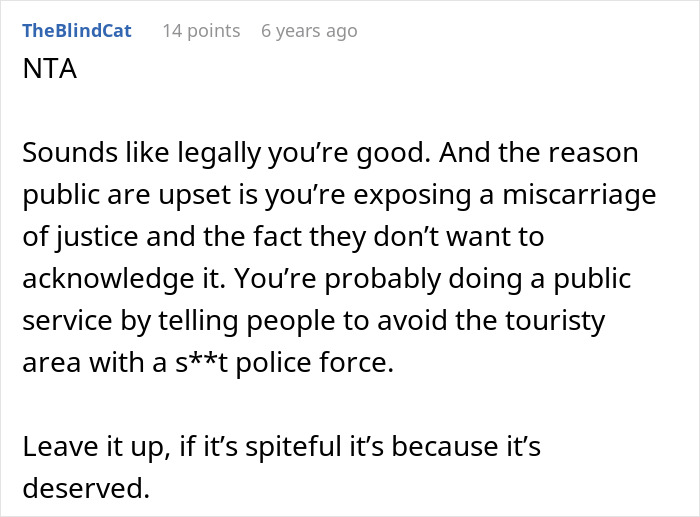
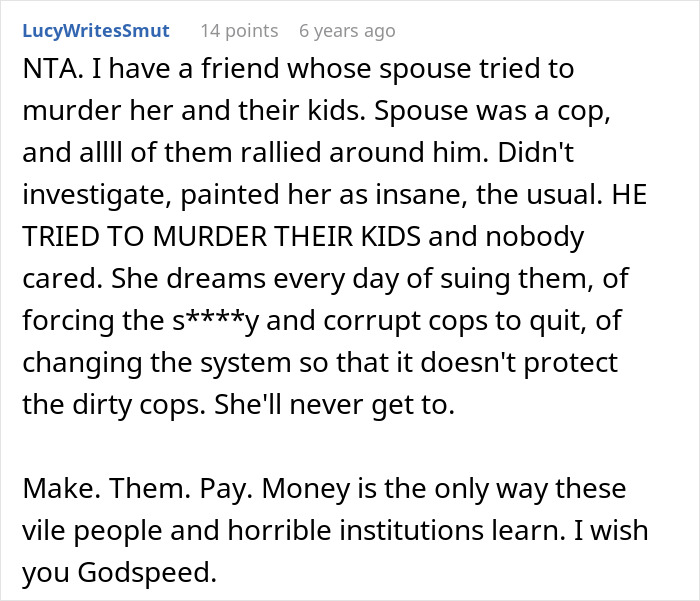
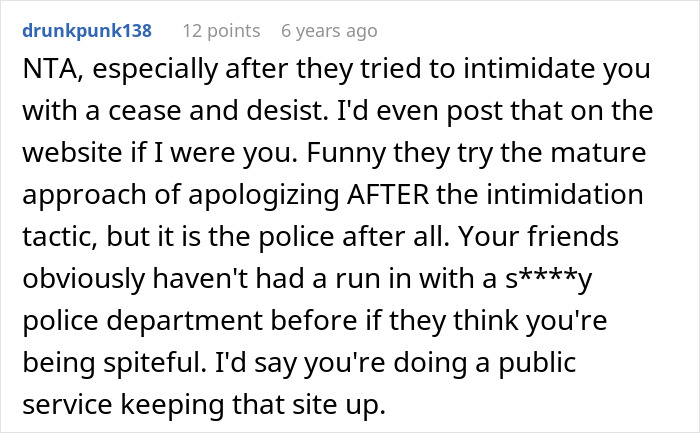

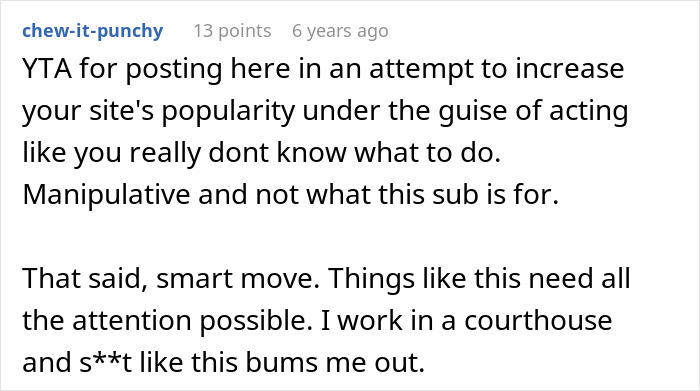
from Bored Panda https://ift.tt/ZbHS6L7
via IFTTT source site : boredpanda